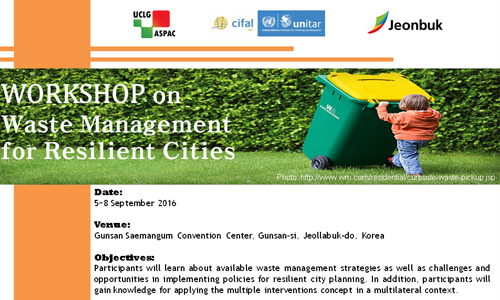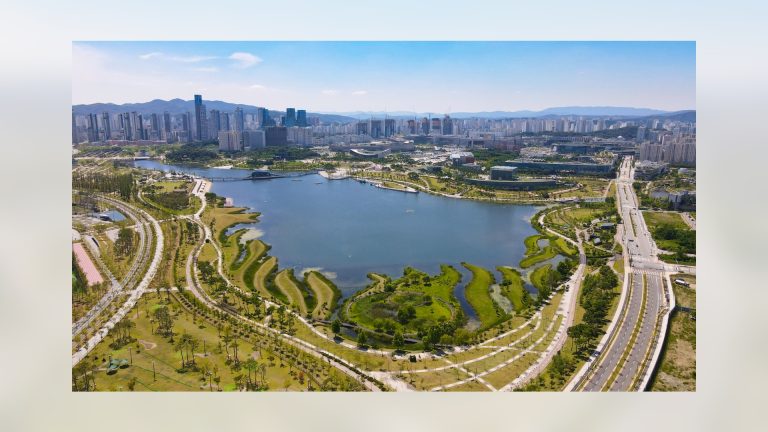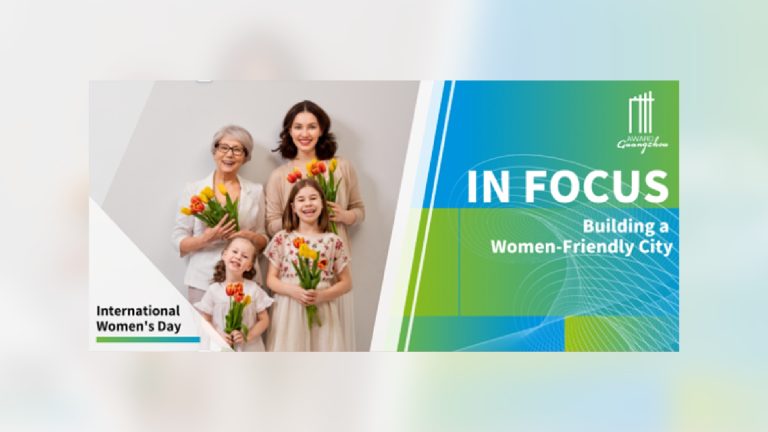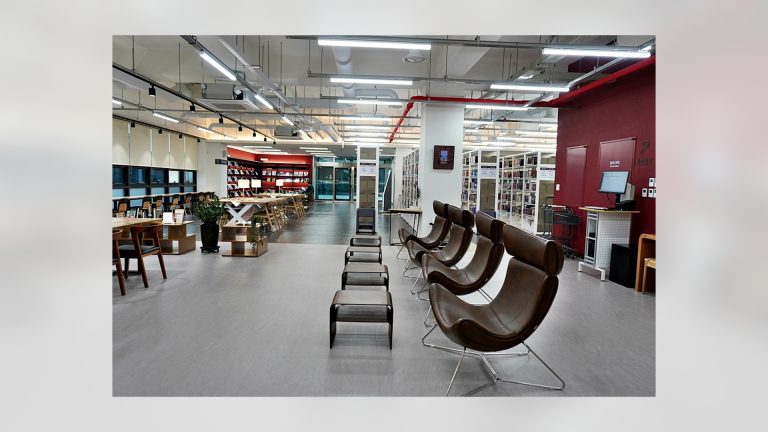Nowadays, it is increasingly important for cities, especially in the developing region, to be equipped with capacities to survive, adapt and grow whilst coping with unpredictable challenges posed by climate change, disaster events, rapid urbanization and the economic downturn. This means that cities will need to become more resilient in a sense that they can readily respond to and deal with abrupt shocks and stresses that emerge. Studies show that building urban resilience involves multiple interventions which encompass different perspectives, scales and entry points. There are seven factors which are believed to be contributing to cities’ resilience; they are disaster response, energy, food security, transport, urban planning, waste management and water management.
Accordingly, it is important to properly manage waste within and effectively plan physical systems (i.e., infrastructure, technology etc.) of cities, if the cities are to function adequately as a safeguard protecting residents from possible future dangers and threats which are inevitable. However, much of the population in the Asia-Pacific region still lacks appropriate waste management strategies and city planning policies, and this is due to a fact that developing strategies and policies requires a multilateral effort which encompasses technical, institutional, financial, social and cultural challenges. Other hindrances include the low priority given to waste and resilient city related issues and lack of awareness and knowledge among citizens.
This workshop represents an unparalleled opportunity for government officials and other key actors in the Asia-Pacific region to strengthen their capacities and knowledge in the practice of waste management and resilient city planning. Participants will not only improve their career opportunities, but also will expand the reach of their global network. In addition, the 6th UCLG ASPAC congress will be convened in parallel to benefit both the participants and the general public who want to understand about strategies for sustainable regional development, global issues and ways of cooperation.
Learning objectives
By the end of the workshop, participants will be able to:
- develop a comprehensive understanding of strategies, policies and technologies involved in waste management;
- recognize the challenges put forward to the international community by the lack of substantive and practical knowledge of resilient city planning;
- evaluate strengths and weaknesses related to waste management and city planning;
- examine the impact of the current waste management and city planning approaches on countries in the Asia-Pacific region; and
- propose reforms in the global waste management and city planning.
Event information: Workshop
- Date: 5~8 September (4 days)
- Venue: Gunsan Saemangum Convention Center, Gunsan-si, Jeollabuk-do, Korea
- Organizers: UNITAR CIFAL Jeju, United Cities and Local Governments Asia-Pacific (UCLG ASPAC) and Jeollabuk-do
SUBMIT NOW, before 27 July 2016. For more detail you can download the information here or visit the website.











